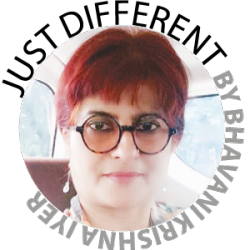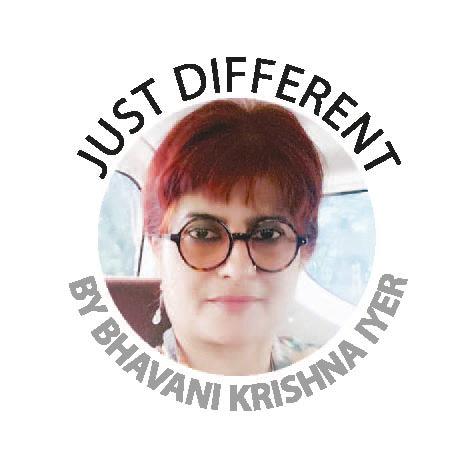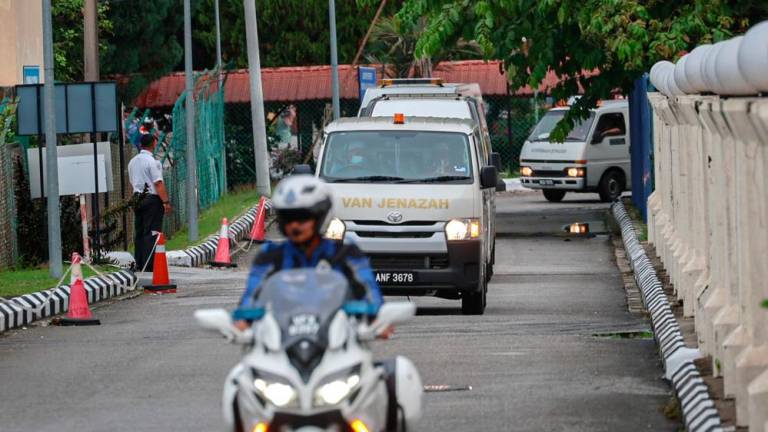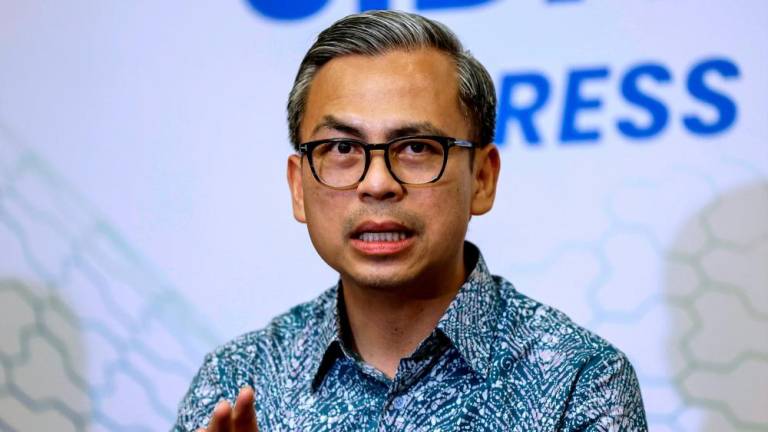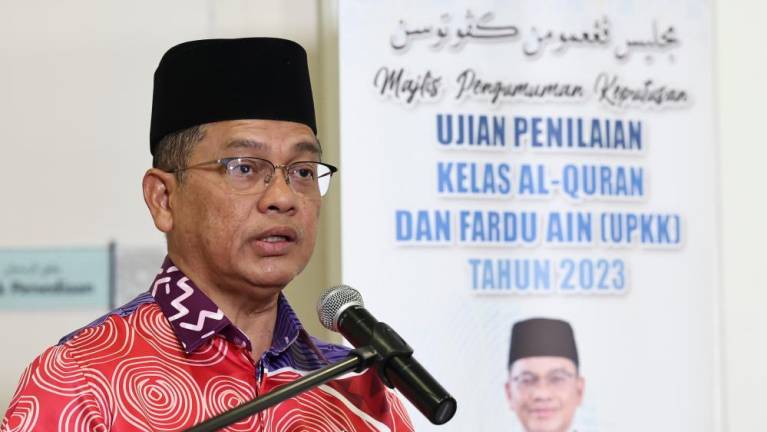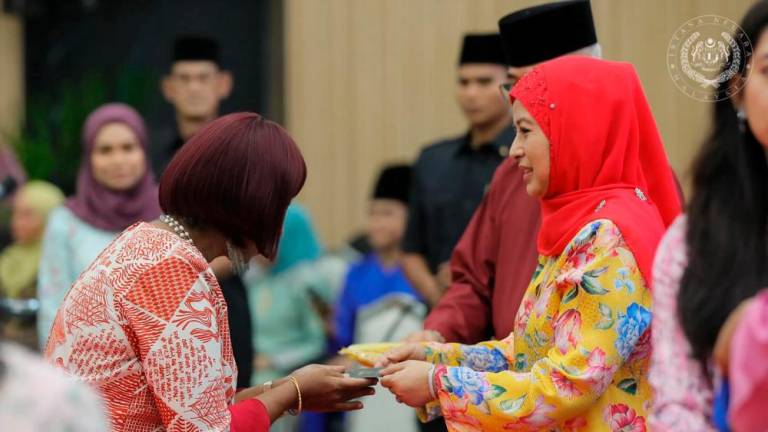BRIAN (not his real name) is a handsome twenty something who greets me every morning when I walk into the office with such cheerful countenance and warmth that they belie his rather cold looks he wears sometimes. His eyes hardly meeting mine, he occasionally engages in small talk when he catches me in between.
All too often, he would rattle on about the remotest ideas and happenings. Then he goes on to another unrelated topic, all the while maintaining a very solemn look about him which cannot be mistaken for anything else other than his sincerity in wanting to have a conversation.
The diligent side of Brian is always evident from the way he stays focussed on his work, hardly allowing for any digression. When he joined us some years ago, it took us a while to understand him and his habits.
Brian is autistic but he is quietly independent and tremendously brilliant. When we first met him he did appear interestingly different from the rest of us but after a session or two on awareness it was sufficient for us colleagues to really treat him like one of us and we could relate to him better. His innocence itself is an attraction and his genuineness makes him all the more lovable.
We agree, superficially, that people come in all shapes and colours and accept their variations and idiosyncrasies that come with them being “different”. If one has had the opportunity to deal with one who is different, either as a family, friend or colleague the reception is completely differently.
What about those who live in a fantasy world that everyone on this planet is made according to the standard specification? There are such people among us and dealing with these quirky and acentric individuals is complex.
World Autism Week just swept past us recently and organisations worldwide adopted a flurry of activities to both create awareness and educate us on “what is” and “what else now” to move us into a more conscious society that understands the need to adopt inclusivity in the truest sense.
As a caring government and society we can do more to support those with Autism Spectrum Disorder (ASD) by helping them assimilate. Autism is a complex brain condition, encompassing a broad range of symptoms. Those diagnosed with autism are often described as being “locked in their own world” and struggle to communicate with others. Such individuals need understanding and patience and not every one of them will walk around with a tag. Many do not even look any different and may not publicly display their unique ways.
Hence, what does it take to be a little more patient with those who appear different or slow?
Just the other day I witnessed a very angry customer throwing harsh words at a helper in a supermarket. He didn’t look normal and he took some time to arrange the purchases neatly into the carry bag.
I know a maid who comes in for temporary hire and she tells me stories about how she is short-changed by her agent and even beaten up because she is not able to comprehend certain job functions. She appears slow and from my conversations with her, it was clear she has some issues which are beyond me to understand. With some intervention, she is in a safer place.
According to the Centres for Disease Control, in 2018 about one in every 59 children was diagnosed with ASD; one in 37 boys and one in 151 girls.
According to other statistics a rising percentage of the world population is being diagnosed with ASD. As of 2014, an estimated 1% of the world population had an ASD.
In the context of effects of family socioeconomic status on children with ASD the consequence is massive. In lower-income families the inability to afford certain forms of healthcare compounded with a lack of basic medical education can cripple its members with physical and mental illness.
ASD requires diagnosis, treatment and special education and living skills. Low-income families are often out of tune in education and awareness to the extent that they may not even know they have a child who is different in their midst as they lack the resources to seek help. ASD is known to be under-identified in poorer countries and communities.
We do have organisations in major cities in our country offering support and assistance for ASD children and families but these are grossly lacking in rural areas. Organisations and the government need to extend their services to reach out to those affected in remote areas and this needs political will of greater measure.
Comments: letters@thesundaily.com



